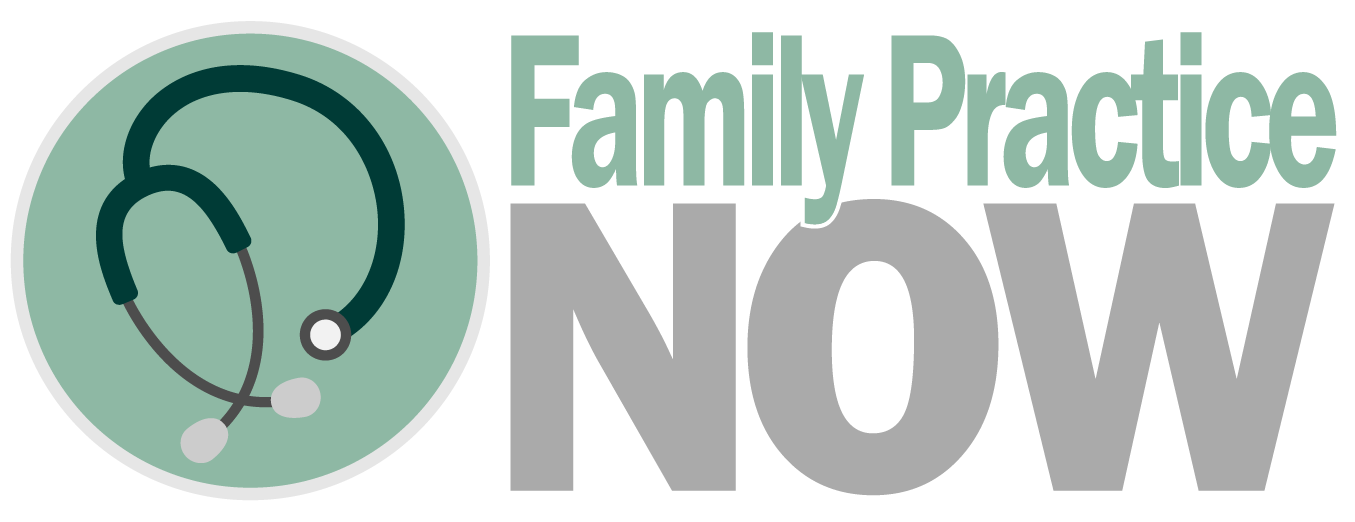Premier - Local Naturopathic Doctor
-
Coughing and Asthma
Cough is probably one of the most common symptoms of childhood. And it tends to have a very large seasonal quality to it.
-
Children and Coughing
The problem is that if a child with a respiratory tract infection is going to have a fever, the fever will only be there for a few hours or a day or two. But the problem with a cough is, it tends to be a much longer lasting symptom
The problem is that if a child with a respiratory tract infection is going to have a fever, the fever will only be there for a few hours or a day or two.









